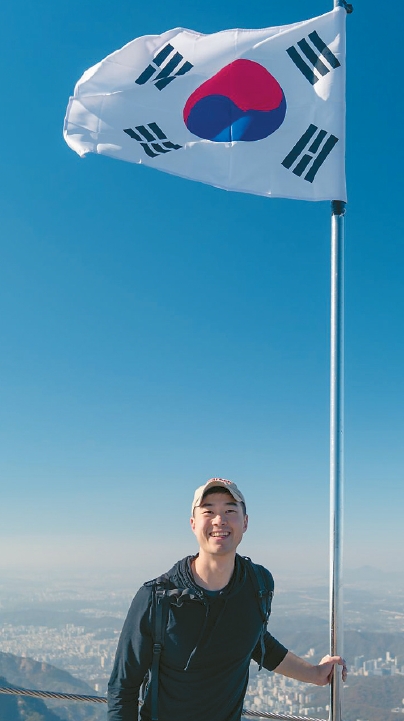A former Wall Street banker left his career in the United States to establish a new community in Seoul for members of the Korean diaspora.

On August 24, Business Insider reported on Tiger Cho, a 28-year-old Korean American from the Chicago area, who quit finance to begin a new life in Korea. Within seven months of settling in Seoul, Cho founded K-Bridge, a network designed for Korean Americans and other overseas Koreans living in Korea. The community operates podcasts, newsletters, and group chatrooms, and also holds monthly networking events with about 70 participants. Cho estimated that around 50,000 Korean Americans currently live in Korea, and noted that the network now also includes many Koreans from Germany, Canada, and Australia.
“The idea is for overseas Koreans living in Korea to support each other, share difficulties, and exchange help through the network,” Cho said.
At present, Cho funds K-Bridge himself. He plans to create a sustainable model by introducing membership programs and corporate sponsorships. He described his motivation as strengthening ties within the diaspora and reinforcing Korea’s role as a bridge to the world.
Cho studied economics at Stanford University and joined the Goldman Sachs Chicago branch in 2019, where he prepared client reports, assisted with trading, and conducted market research. His performance quickly stood out, and he became a key member of the team. However, Cho grew weary of the long working hours and hierarchical corporate culture.
“Despite the high salary, I felt like a dead man,” he told the outlet. “Watching friends get married and settle down, I realized that if I didn’t take on a new challenge now, it might never happen. That’s when I decided to move to Korea.”
The decision surprised his family. Cho, the fourth of six siblings, saved enough living expenses for six months and boarded a flight to Korea in September 2024. His mother, Gina Cho, said, “He was never the type to take big risks, so none of us expected him to choose Seoul.” With limited Korean language skills and no local connections, he nevertheless felt at home within three days of arrival.
“The food, the street sounds, and the Korean spoken by elders reminded me of my grandparents and felt warm,” he said.
Living costs also turned out to be more manageable. In Chicago, Cho paid $2,300 per month for a one-bedroom apartment, while in Seoul he could find a similar place for about $1,600. Medical expenses were also significantly lower than in the U.S.
“Now Seoul feels more comfortable than the U.S., and unlike America—where the future felt predetermined—Korea is full of possibilities. I plan to continue growing K-Bridge here in Seoul,” he said.
BY HANKIL KANG [kang.hankil@koreadaily.com]



